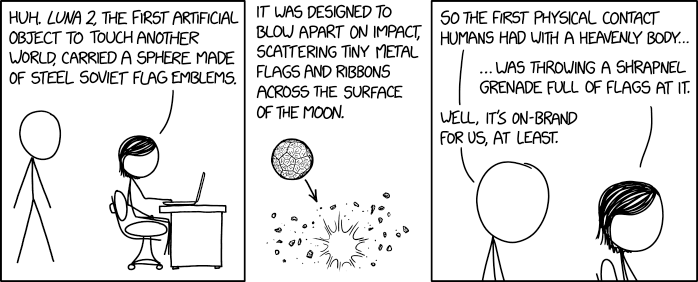user7659542
user7659542
user7659542
user7659542
user7659542
user7659542
user7659542
user7659542
user7659542
user7659542
user7659542
user7659542
user7659542
user7659542
user7659542
user7659542
user7659542
user7659542
user7659542
user7659542
user7659542
user7659542
user7659542
user7659542
user7659542
user7659542
user7659542


